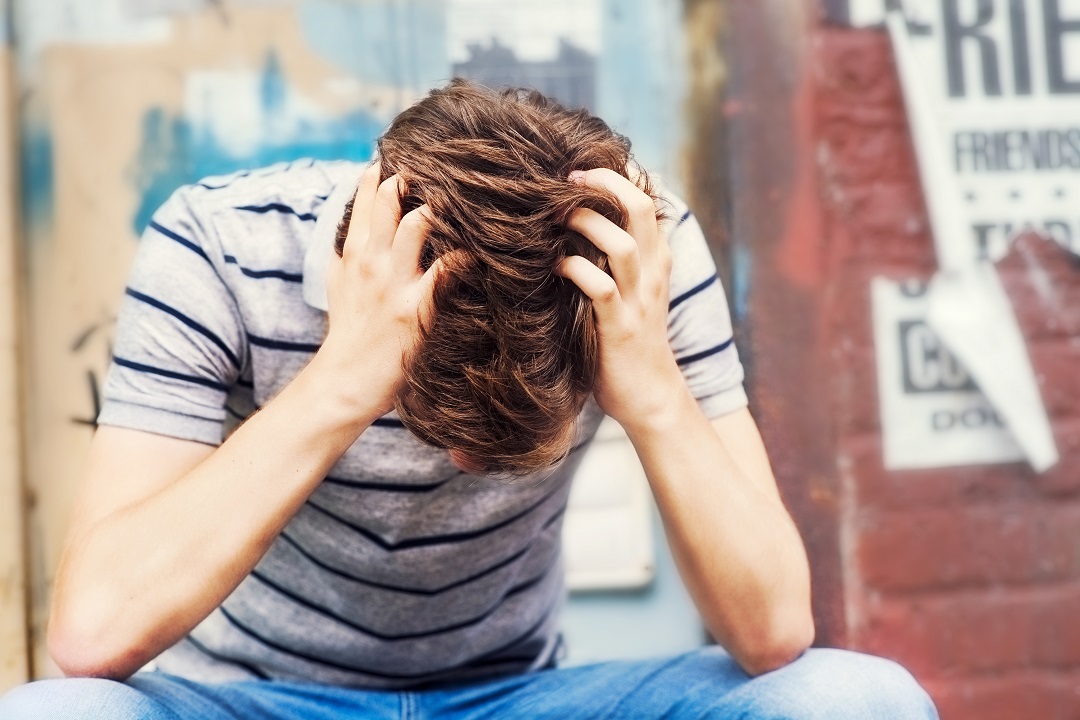
Everyone knows that teen bullying is a common problem, but not as many understand the implications it has. While bullying is guaranteed to ruin someone’s day, few consider the reality that it can actually ruin someone’s life. Children and teens subjected to bullying can, and do, battle the mental health effects of bullying even into their adult years.
What is bullying?
Many of us are familiar with bullying as the unfair treatment of an individual by another, but bullying is more formally and thoroughly defined as, “the systematic abuse of power and is defined as aggressive behavior or intentional harm-doing by peers that is carried out repeatedly and involve an imbalance of power, either actual or perceived, between the victim and the bully.”
There are a number of different types of bullying that children and teens may be subjected to, such as:
- Physical bullying – Kicking, shoving, hitting, punching, slapping, biting, etc
- Emotional or social bullying – Spreading rumors, excluding from a group and sharing intimate or personal information inappropriately in order to increase social standing
- Verbal bullying – Statements, words and name-calling used to belittle, humiliate and embarrass another
- Sexual bullying – Comments, gestures, touches and propositioning used to target a person sexually or to humiliate them for their sexuality or sexual behavior
- Cyberbullying – Using technology and/or social media to harass, harm, belittle or spread rumors about another
- Prejudicial bullying – Bullying someone for their race, religion, beliefs or sexuality
Bullying should never be tolerated under any circumstances as it has adverse, and potentially long-lasting effects on those individuals who have been both the victim and the perpetrator. Anyone who witnesses or experiences bullying should report it to an authority (parent, teacher, security officer, admin member, etc.) immediately.
Short-term effects of teen bullying
When bullying does not take place over a prolonged period, negative consequences tend to be short-lived. This is particularly true when teens receive appropriate counseling and support once the bullying is acknowledged. However, negative effects are still likely.
Bullying has been proven to cause the rapid onset of many mental health conditions, including anxiety disorders, depression, psychosis and hallucinations, eating disorders, self-harm and suicide. One study of 16,410 secondary school pupils showed that people involved in bullying were more likely to suffer from depression and to have suicidal thoughts.
Other research shows that those involved in bullying are more likely to develop psychosomatic symptoms. These are physical symptoms that have no physical cause. They include insomnia, headaches, stomach aches and non-specific feelings of being unwell.
Teen bullying is also associated with low self-esteem, which impacts other areas of an individual’s life. Academic performance can be seriously harmed as a result of bullying, leading to a lack of confidence and decreased motivation. Additionally, some children will refuse to go to school as a result of bullying, further harming their academic progress.
Teen bullying victims can become isolated and withdrawn, even from people who try to encourage and support them. They may be reluctant to take part in sports and other group activities. This can affect both mental and physical development, and lead to loneliness and hopelessness.
Long-Term Effects of Teen Bullying
Some people may be more profoundly affected by bullying than others and any of the short-term effects can mutate into long-term effects, especially if the bullying takes place persistently.
As with most types of illness, the more established the illness becomes, the harder it is to treat. In some cases, the negative effects of bullying during the teenage years can persist through a person’s entire lifetime. People involved in bullying may even develop mental health problems many years after the bullying has taken place.
Additionally, it has been studied and proven that those who were/are both victims and bullies had increasingly long-lasting effects on both their mental health and other areas of their life. These effects included:
- Difficulty forming and maintaining long-term relationships due to anti-social behaviors
- Higher risk of becoming a young parent
- Trouble meeting financial obligations
- Lower educational qualifications sometimes due to being absent from school to avoid bullying
- More difficulty keeping a job, with one research project proving targets of bullying earn less at age 50 than their non-bullied peers
It is undeniable that teen bullying stands in the way of many young individuals peacefully growing up and maturing without the implications of a mental health condition.
Addressing teen bullying
While many institutions have a no-tolerance policy for bullying, it continues to take place and negatively impacts the lives of many young adults. And sadly, a number of victimized teens are reluctant to make parents, teachers or other responsible adults aware of the problem. They may fear that the bullying will intensify if they draw attention to it.
But an increasing awareness of the extent of the problem – that is, reporting and telling the authorities who need to know — means that more educational institutions can become proactive in detecting and addressing bullying. In order to protect children and teens, and give them the resources and help needed when they experience bullying, awareness and intervention are key.
Treating the mental health effects of bullying
The more severe and prolonged the bullying, the greater the implications it has on one’s mental health. For some, it might be beneficial to overcome the effects of bullying by reaching out to a counselor who can guide children and teens through cognitive behavior exercises to rebuild self-esteem and minimize the internalization of bullying.
To get in touch with a mental health specialist today, contact The Light Program by visiting our website or calling our offices at 610-644-6464.






